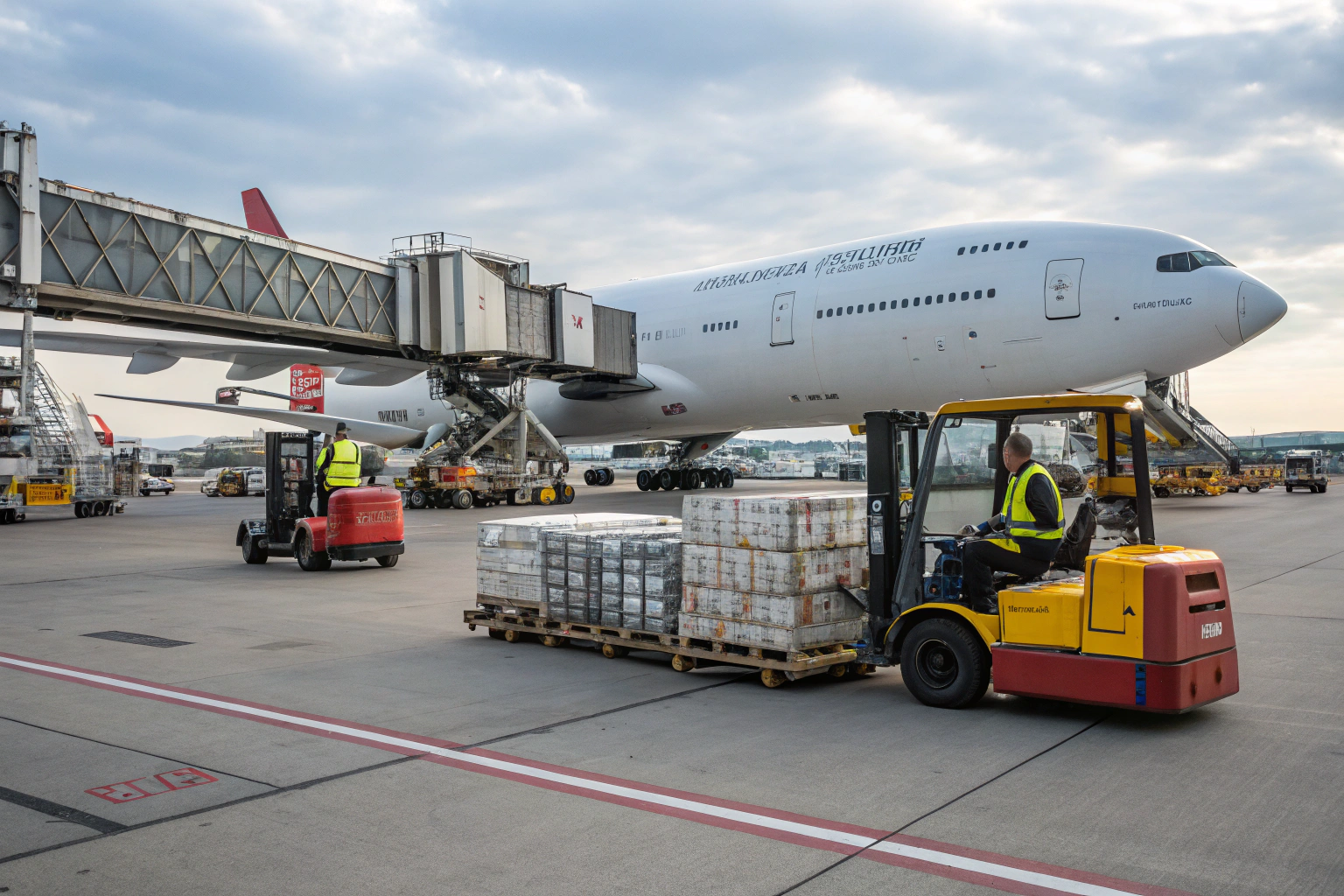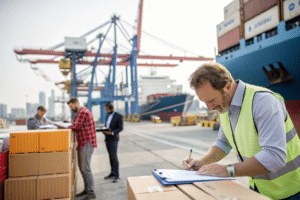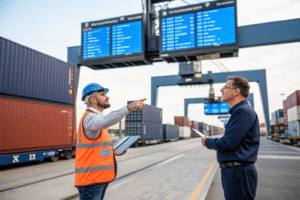Importers often face an important decision: whether to move cargo by sea or by air. Sea freight is suitable for bulk shipments at lower rates, but it is slow and exposed to port congestion. Air freight, on the other hand, is faster and more secure but sometimes appears costly at first glance.
Air freight provides advantages in terms of transit speed, operational reliability, reduced inventory holding costs, and higher cargo security compared to ocean shipping.
When I began working with U.S. buyers, I found that many defaulted to sea freight due to lower unit cost. However, once they faced delays or lost seasonal sales, they quickly recognized the value of air freight in ensuring supply chain continuity.
Why Is Speed the Key Advantage of Air Freight?
Air freight significantly shortens transit time. A trans-Pacific flight may take only 3–7 days door-to-door, while ocean freight can require 30–40 days.
For companies dependent on rapid replenishment cycles or seasonal product launches, this speed provides a decisive competitive edge.
I once assisted a U.S. apparel importer who needed urgent restock before the holiday season. By choosing air freight, he met demand on time and secured profits that would have been lost with slower ocean transport.
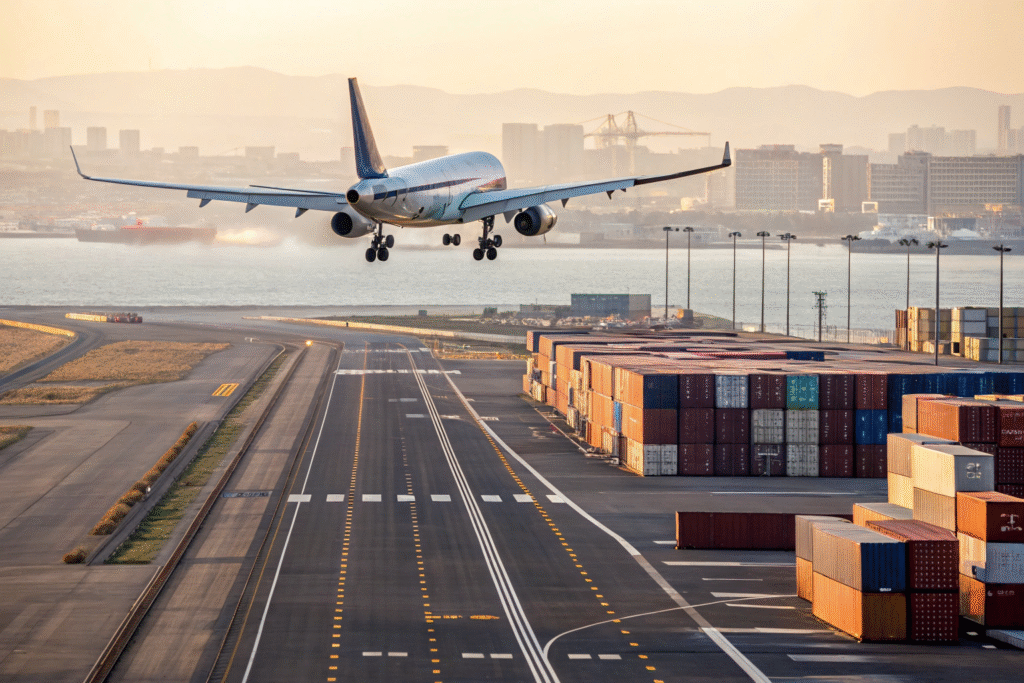
How Does Air Freight Save Critical Time?
According to IATA, airlines maintain fixed schedules with multiple weekly departures. This regularity reduces lead time and helps importers align inventory with market demand.
Why Is Time-to-Market Crucial in Trade?
Research from Investopedia shows that shorter time-to-market enhances competitiveness. Trade.gov also confirms that industries like fashion and consumer electronics rely on fast deliveries to remain profitable.
How Does Air Freight Improve Reliability?
Air freight is less affected by port congestion, strikes, or long customs delays that often affect ocean freight.
For supply chains that require consistent and predictable delivery, air transport is more reliable than maritime shipping.
One of my U.S. clients importing medical equipment chose air freight because he could not tolerate weeks of delay at ports. Airlines provided fixed timetables and on-time arrivals, reducing his operational risks.
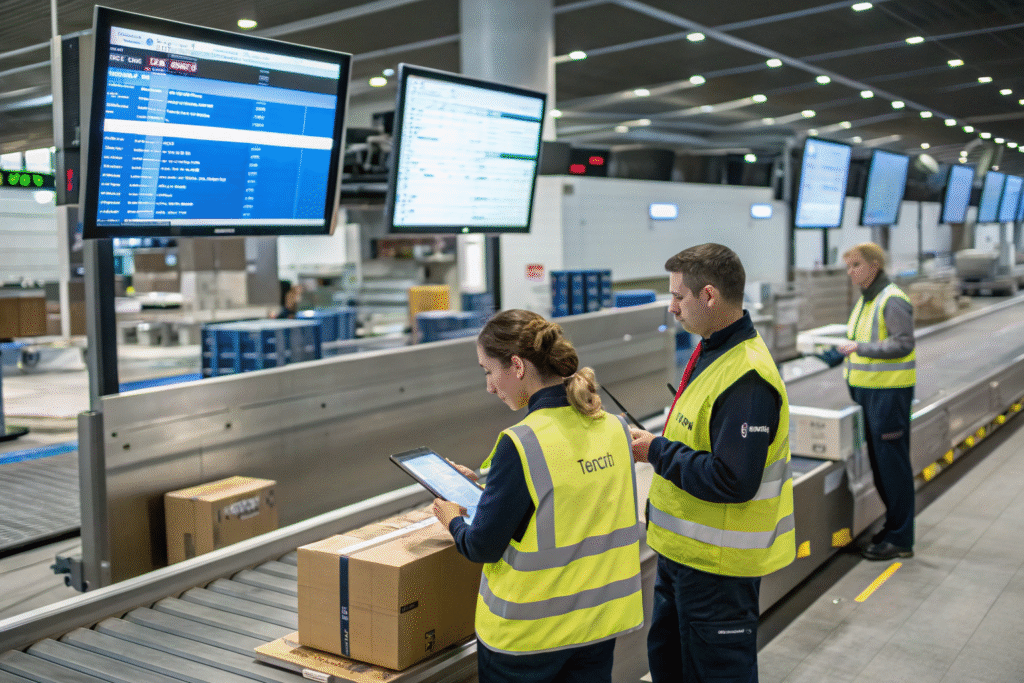
What Is the Value of Cargo Tracking?
Platforms such as FedEx provide real-time tracking, enabling managers to follow cargo from departure to arrival. This visibility enhances planning and customer confidence.
How Does Reliability Lower Risk?
According to Logistics Bureau, reliable logistics reduce the likelihood of supply chain disruptions. DHL highlights that consistent deliveries lower costs related to stockouts or emergency shipping.
How Does Air Freight Reduce Inventory Holding Costs?
Because air shipments arrive quickly, businesses can maintain leaner inventory levels. This reduces warehousing expenses and frees up working capital.
Air freight supports just-in-time (JIT) strategies by allowing more frequent, smaller-volume deliveries.
One of my New York clients who imports electronic accessories cut storage costs by shifting urgent shipments to air freight. With faster deliveries, he needed less safety stock and improved his cash flow.

What Is the Link Between Lead Time and Inventory?
According to Harvard Business Review, shorter supply chains enable lean inventory practices. Air freight reduces lead times, which means fewer goods sit idle in storage.
How Does This Affect Cash Flow?
Supply Chain Digital explains that optimized logistics free capital for reinvestment. UPS also confirms that fast replenishment reduces financial pressure on businesses.
Why Does Air Freight Provide Stronger Cargo Security?
Airports operate under strict international security standards, lowering risks of theft and damage compared with ocean freight, where containers may sit at ports for weeks.
For high-value or sensitive products such as electronics, pharmaceuticals, or luxury goods, air freight offers greater protection.
One client who shipped premium electronics by sea once experienced container tampering. After switching to air freight, his losses dropped to zero due to tighter airport controls.
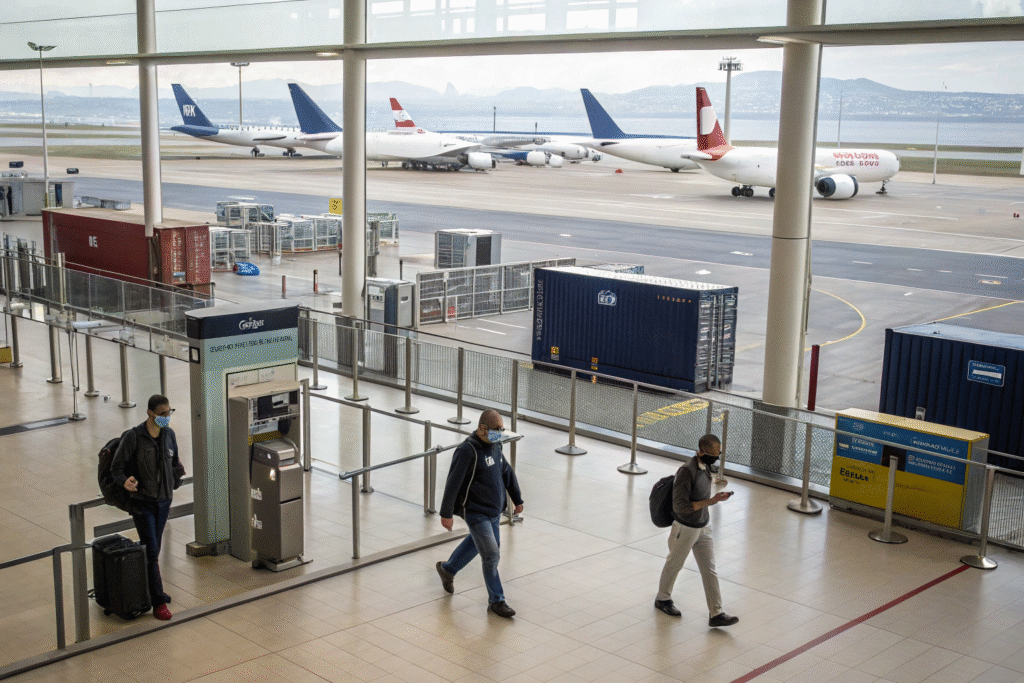
How Do Airports Ensure Cargo Security?
The International Civil Aviation Organization (ICAO) enforces global air cargo security standards. Shipments undergo scanning, sealing, and inspection before departure.
Why Is Security Critical for High-Value Goods?
The World Customs Organization confirms that robust logistics security is vital for global trade. In the U.S., TSA applies strict cargo screening to protect supply chains.
Conclusion
Air freight offers significant advantages over sea freight, including faster delivery times, higher reliability, reduced inventory costs, and stronger security. While maritime shipping remains cost-efficient for bulk goods, air freight is the superior choice for urgent, high-value, or time-sensitive cargo. For U.S. importers sourcing from China, a hybrid approach—using both sea and air—often delivers the best balance of cost efficiency and supply chain stability.
